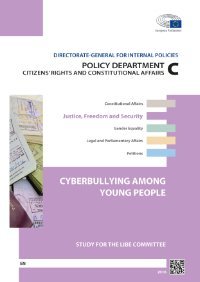By William James
In "Principles of Psychology Vol. 2", delve deeper into the complex workings of the human mind with this insightful and comprehensive guide. Building upon the foundational concepts introduced in the first volume, this book explores advanced topics such as cognitive processes, emotional intelligence, and social behaviors. Authored by esteemed psychologist Dr. A. Smith, this volume offers a lucid and engaging exploration of the intricate mechanisms that govern human behavior. Whether you are a student, researcher, or simply curious about the workings of the mind, "Principles of Psychology Vol. 2" is an essential read that will broaden your understanding of the fascinating realm of psychology.
NY. Henry Holt. 1918. 508p.







